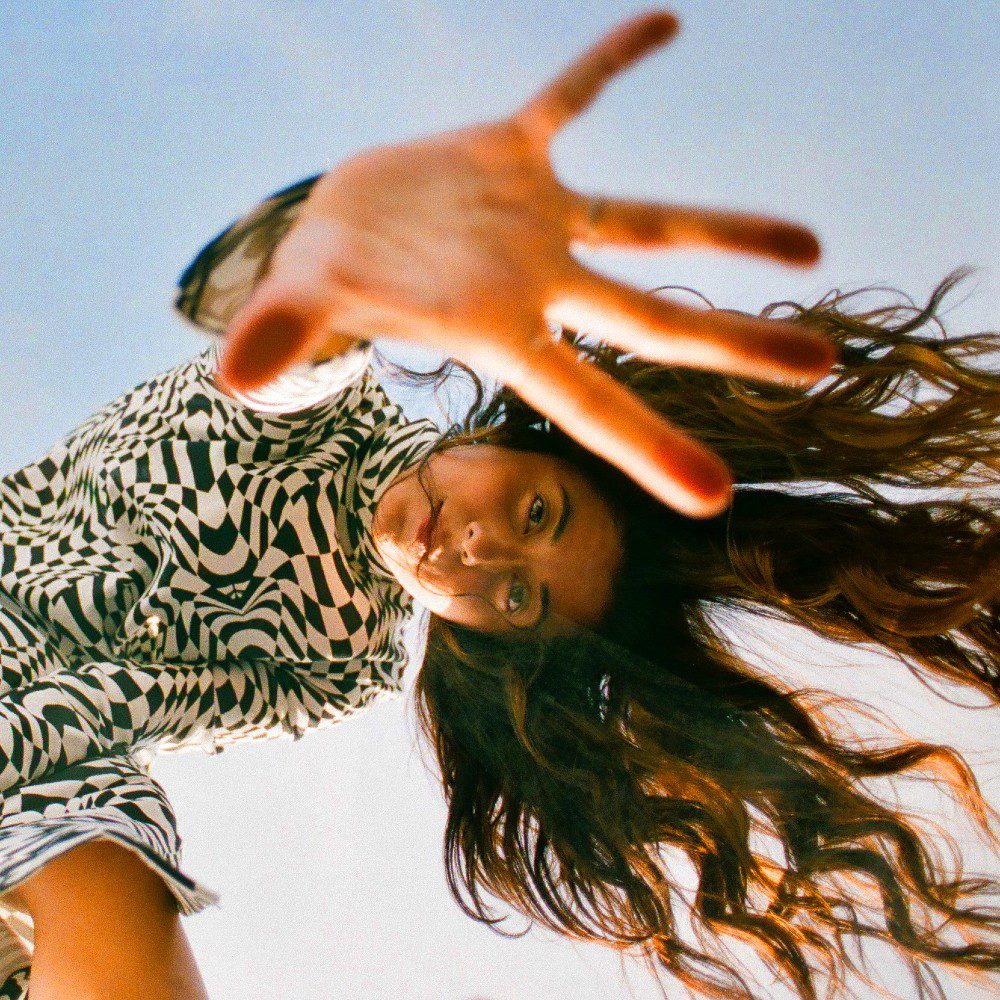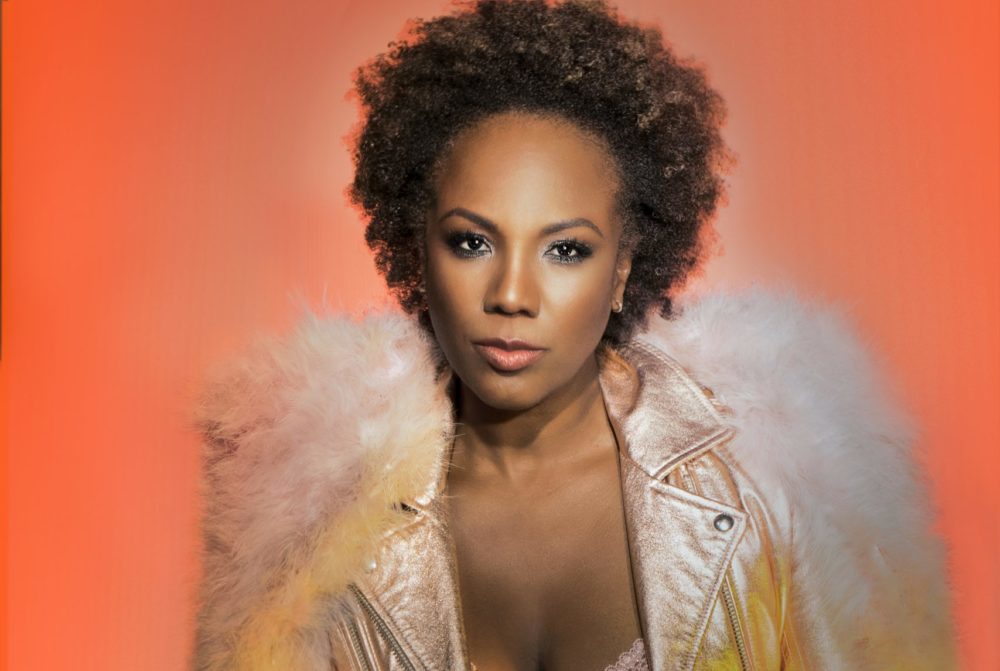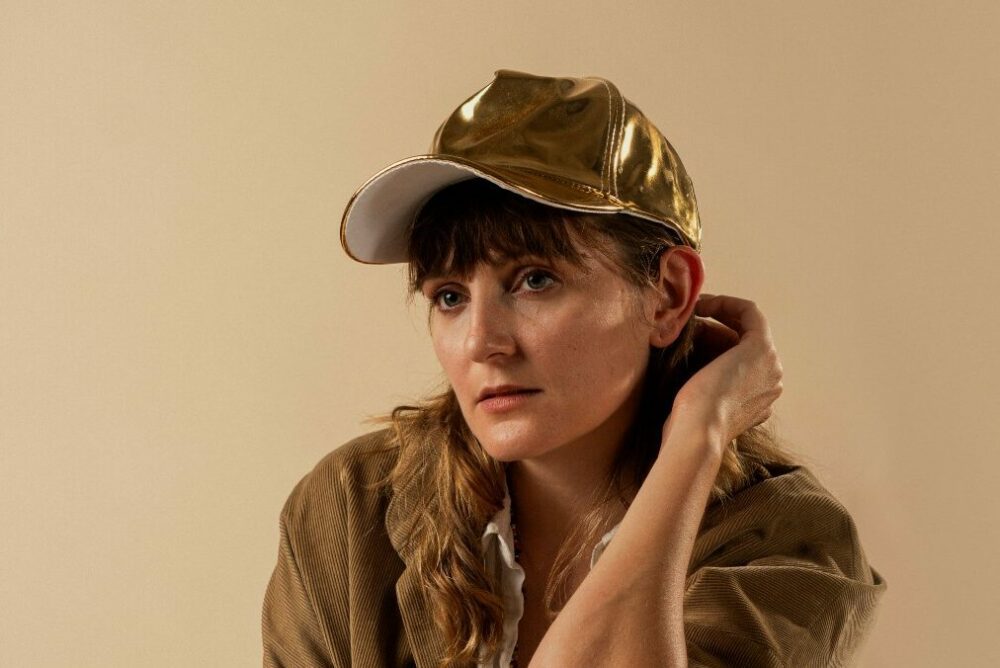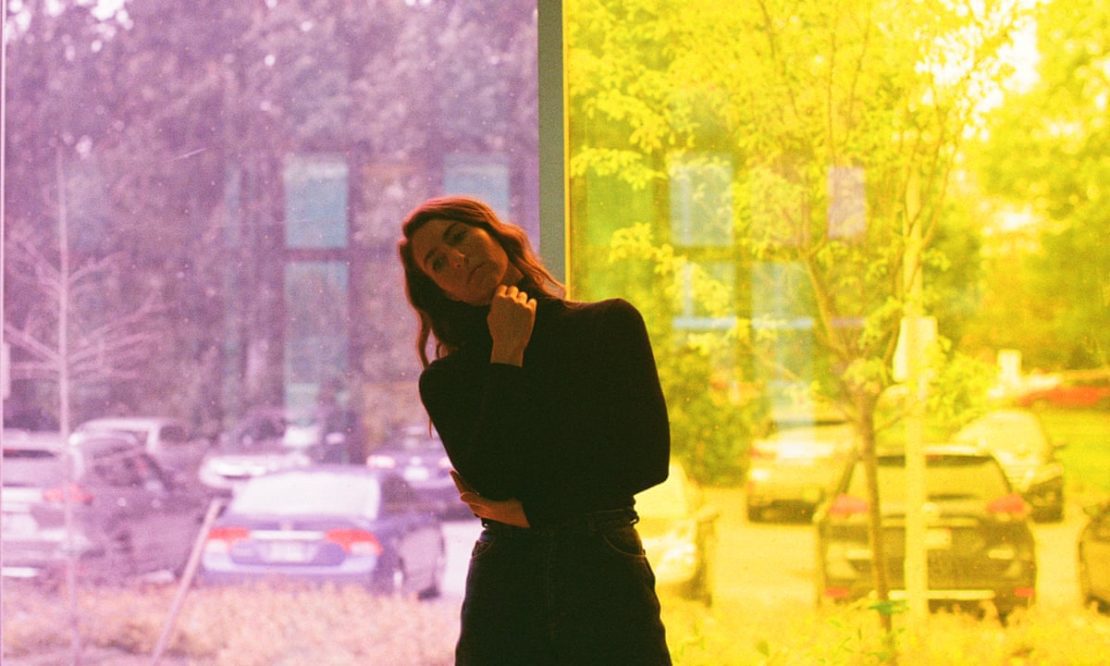PLAYING TORONTO: Daniela Andrade Unravels Latinx Identity on Latest EP


“I really just wanted to come out of what felt like a very strange Spring with something tangible. Music always helps me process emotions and this project is very much a result of needing that for my own sanity,” shares Daniela Andrade about the making of her forthcoming EP, Nothing much has changed, I don’t feel the same, the follow-up to 2019’s self-released EP, Tamale.
As the COVID-19 pandemic spread across the world, Andrade—in quarantine—longed for experiences she once took for granted. “I just missed being around people. Sitting next to or gazing at the park, simple interactions like that,” Andrade says. “Touch became something I missed deeply. Friendly affection [that] I think we all miss in the countless zoom calls. In retrospect, having dug into memories or fantasies seemed like a form of escape or survival, hope even.”
Just a single listen of Nothing much has changed… takes you through shifts in sound, from the loungey-languidness of its romantic title track to “Puddles” glitchy R&B vibe and the wistfully slow pace of “Deseo.”
“At times, I love keeping things stripped down, but I also like more elaborate and manipulated production like what Tyler the Creator and Frank Ocean do,” Andrade says. “I really love R&B lyricism and have also been revisiting old Spanish classics my parents grew up on. I don’t want to hold myself back from trying out different styles so long as it feels true to me.”
Being true to where her music takes her reverberates through Andrade’s work by way of its unapologetic fluidity, effortlessly moving from R&B to classic Latin rhythms, and from Spanish to English. “I always knew I loved speaking and thinking in Spanish,” she explains. “Thanks to my mother’s diligence, Spanish was my mother tongue and I was able to hold onto it. It’s hard to explain if you don’t speak more than one language but mannerisms and intonations change so much from one language to another. People talk about alter-egos — I’ve felt like me and my Spanish self were more like sisters than one entire whole of me. I was afraid to approach writing in Spanish out of fear of not doing the language I treasured justice. Once I did it though — on Tamale — it felt really good and incredibly natural. I think the idea of the mainstream is also changing. I hear more Latinx artists coming up and it’s starting to feel like the new normal to accept diverse sounds and stories. It’s really exciting to feel more represented in music.”
Born to Honduran parents who immigrated to Canada before her birth, Andrade grew up surrounded by music, recalling her father and three siblings harmonizing together. But the spiritual and secular words of music were competing forces in her childhood.
“My influences are heavily grounded in two different experiences: growing up in a religious household and leaving the church,” Andrade says. “Growing up, I wasn’t allowed to listen to non-religious music at home, although there were few exceptions when my older siblings played me music they loved.” That music could be as diverse as Boyz II Men and Lauryn Hill, which her sisters loved, or the salsa and Sade her brother played. Or her father’s favourite, Julio Iglesias. Her middle school best friend introduced her to Guns N’ Roses, The Gorillaz, Daft Punk and Linkin Park. “I’d spend countless hours at her place, and we would listen to whatever we wanted on YouTube,” she recalls. “Having been in choirs most of my life, and near the end of my religious experience, gospel and R&B became new obsessions with groups like Destiny’s Child, and their three-part harmonies. Or Toni Braxton and her incredible tone.”
While a career in creative writing tugged at her, by the end of high school the dream of music won. She created a YouTube channel with friend and manager, Jeff Kwok, and a couple years later she was a full-time musician, leaving her waitressing job behind. She had also left the church, leading her to exploring womanhood and self-expression on levels she had never had the opportunity to do before. “I feel really passionate about the female experience under conservative, religious households,” Andrade says. “I know how it affected questions I had about so many things that I realized are normal for other girls to know [and] understand about themselves outside of a religious framework. In many ways I feel like I am just beginning to grasp how this affected my outlook on life and where I am choosing to stand now as a person and citizen.”
She is now on a journey – musically and personally – to uncover the forces that have shaped who she is, and those she loves. “As a Latinx woman growing up within the context that I did, I simply wasn’t given the tools or language to value myself and my existence within my experience as a child to immigrants,” she shares. “I’m starting to understand that the answer as to why leads to endless questions. It’s going to be a lifetime of work to continue to unravel these questions and I’m very much looking forward to continuing to dig into it.”
Follow Daniela Andrade on Facebook and Instagram for ongoing updates.




